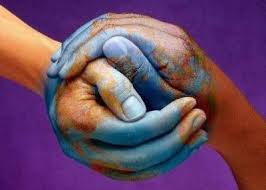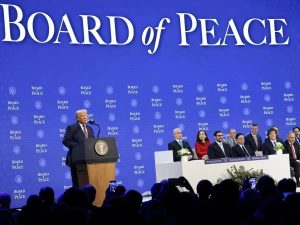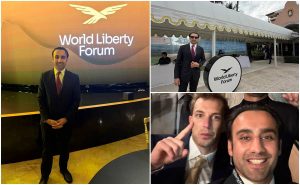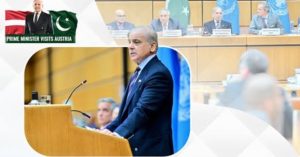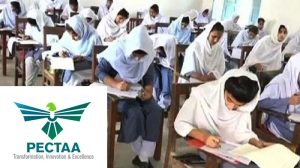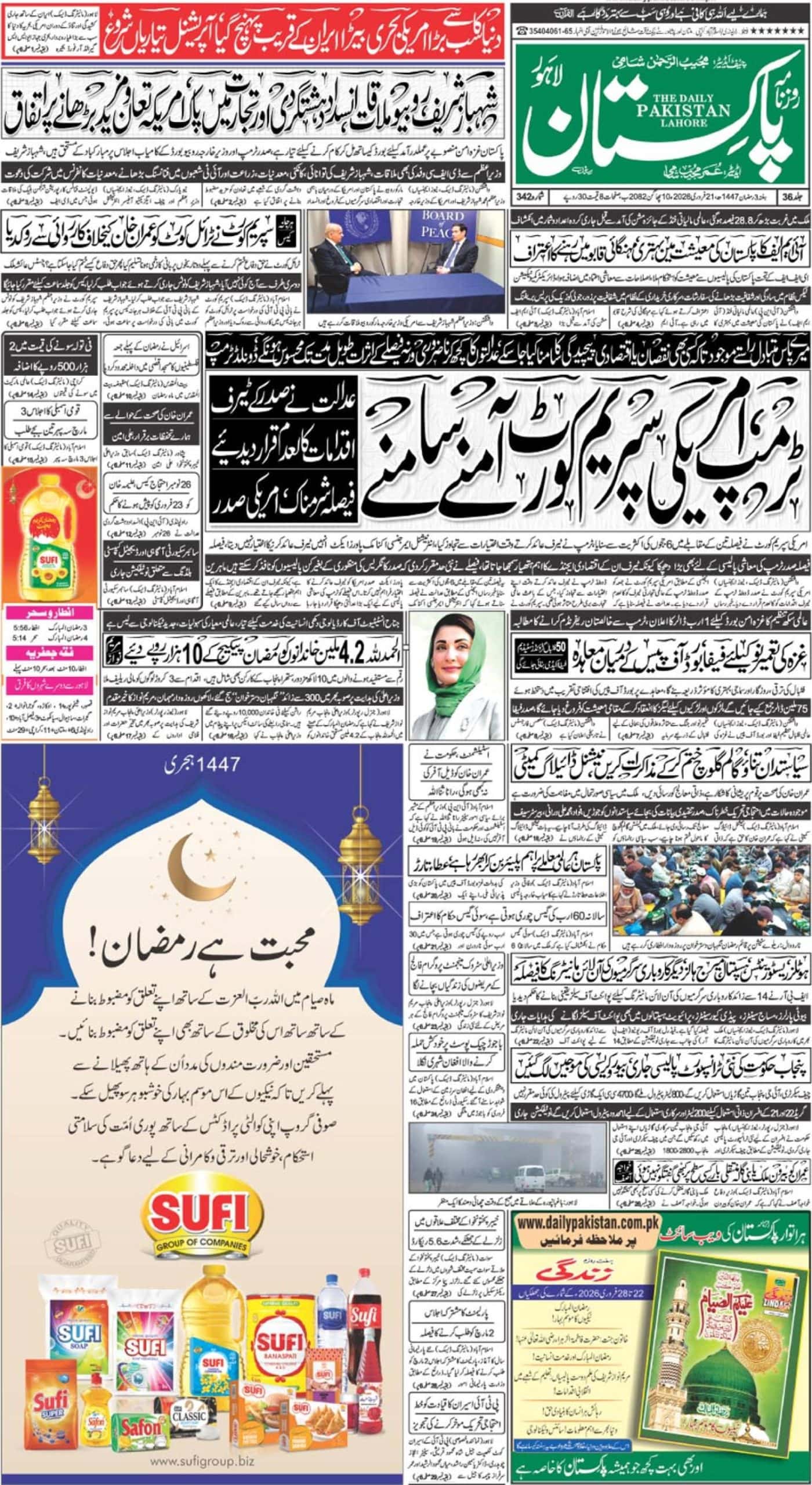ISLAMABAD (Web Desk) – ‘International Mother Language Day’ was celebrated annually on 21 February. The United Nations agency emphasized on the role of mother tongue education not only for quality learning, but also for boosting multilingualism and reverence for linguistic and cultural diversity in the times when the whole world is transforming quickly into a global village and many languages are facing extinction.
According to the head of UNESCO (UN Educational, Scientific and Cultural Organization), the post-2015 development agenda must focus on advancing quality education for all and preservation of language should be essentially promoted in this regard.
UNESCO Director-General Ms. Irina Bokova stated that ‘2015 marks the 15th anniversary of International Mother Language Day – this is also a turning point year for the international community, as the deadline for the Millennium Development Goals, when countries will define a new global sustainable development agenda.’
She further added, ‘Education in the mother language is an essential part of achieving these goals – to facilitate learning and to bolster skills in reading, writing and mathematics,’ highlighting that to take this move forward will require a sharper focus on revisions of academic programmes, teaching training and the creation of suitable learning environments.
Officials at UNESCO warn that the next few generations might witness more than 50 percent languages to die out of approximately 7,000 languages spoken in the world. 4 percent of the world’s population speaks 96 percent of these languages. The education systems genuinely make use of only a few hundred languages while less than a hundred are used in the digital world.
‘International Mother Language Day is a moment for all of us to raise the flag for the importance of mother tongue to all educational efforts, to enhance the quality of learning and to reach the unreached. Every girl and boy, every woman and man must have the tools to participate fully in the lives of their societies – this is a basic human right and it is a force for the sustainability of all development,’ Ms. Bokova said.
UNESCO endeavours to promote inclusive education through bilingual intercultural approaches with the launch of programmes worldwide especially its ‘Education for All’ initiative. The phenomenon of globalization has threatened many languages and many are disappearing altogether. Cultural diversity is endangered also when languages face threats, according to UNESCO. Precious resources for ensuring a better future apart from traditions, opportunities, memory, unique modes of thinking and expression, all die in the process.

